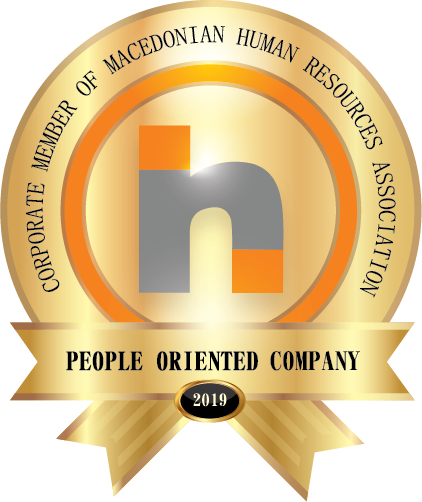
EMPLOYEE ENGAGEMENT AND HAPPINESS AT WORK
How much does Employee Engagement account for when we measure happiness at work?
What is at the core of happiness?
How do we change our Employee Value Proposition to move to achieve holistic wellbeing?
Employee Engagement is fundamental. Engaging employees at work means making them feel mentally and emotionally connected to their work, colleagues, and workplace. However, organizations are not focusing enough on engagement: it is estimated that only 20% of employees are engaged in their jobs (the Gallup State of Affairs). Having engaged employees is critical for being more productive. However, a holistic approach toward employee well-being needs more – and happiness is the key.
Employees who are engaged but not thriving experience a high level of stress and are at increased risk of burnout. Why? Because they might get overloaded with work and worry extra. To put people really at the core of one organization’s business, one needs to focus on people’s happiness.
Many organizations are using happiness as a KPI. According to Nic Marks, Founder of Friday Pulse, pursuing a higher value of this KPI leads to more robust growth and resilience during crises, such as recessions and pandemics.
People are happy at work for two main reasons: if they are satisfied and valued. Sarah Metcalfe, the consultant, proposes Human Resources personnel focus on moving from basic EVP to one that tackles the issue that makes people happy.
How to achieve that? Sarah Metcalfe, the consultant, proposes Human Resources Executives focus on an Employee Value Proposition (EVP) strategy, putting at the central purpose, acknowledgment, and work-private life balance.
To find out whether employees feel meaningful, whether their efforts are being recognized and supported, and whether HR leaders can help them in other aspects of their life, HRs need to take time and start meaningful conversations.
If these three elements are lacking, HRs should, together with team leaders, make sure that employees know they are doing something meaningful and that their efforts are being supported. In practice, this means employees should be helped with tools, resources, and knowledge to do their jobs, so they can complete tasks without the feeling of being unequipped. Last, employees might need benefits different from everyday EVP activities, such as extra time for kids, spare time to do voluntary work, or pursue another degree. This should not be a one-time effort but a structural activity leading to meaningful results and “KPI happiness.”
Technology can help HRs do that. WIDNET HR Platform has the features, Employee Recognition Platform, allowing users to give recognition to their colleagues for a task they have done. These are small steps that, taken together, have the potential to uplift employees and make them the core of the business!
World Economic Forum. 2021. Prioritizing Workplace Mental Health: https://www.weforum.org/events/the-davos-agenda-2021/sessions/prioritizing-workplace-mental-health
Gallup State of Affairs. 2021. https://news.gallup.com/topic/report.aspx
Sarah Metcalfe. 2022. https://www.happycoffeeconsulting.co.uk/

WIDNET Solutions is an international SaaS company based in Skopje, Macedonia, established in 2019. It is a startup, but its three founders have 50+ years of professional experience at the international level.


